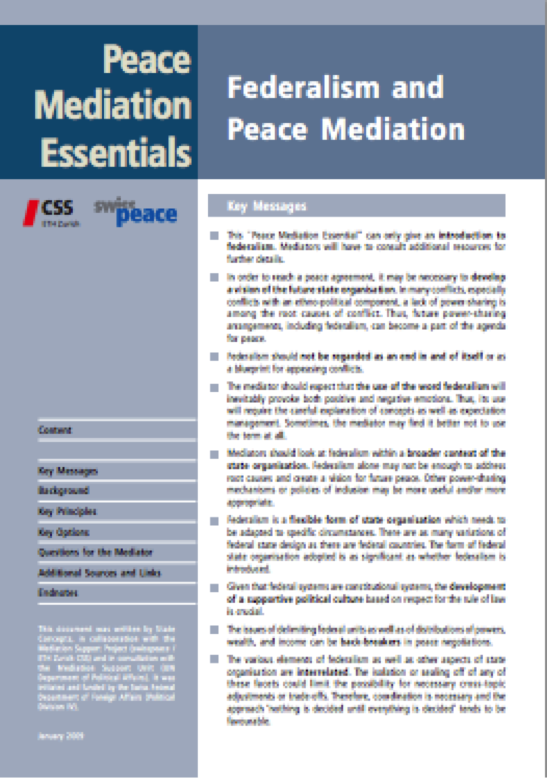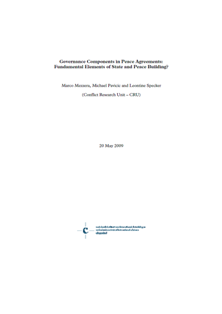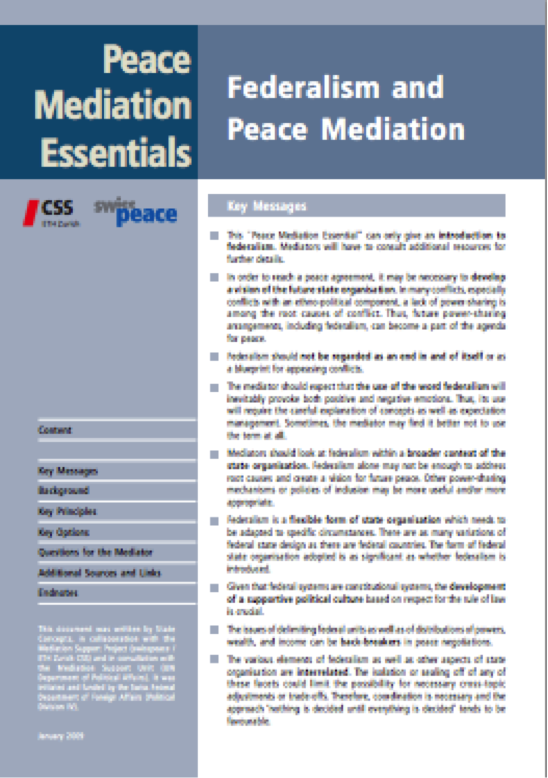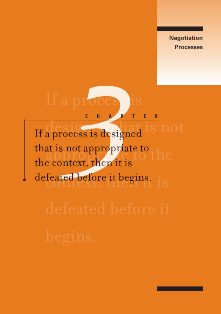
2010 | Author: N.Töpperwien (State Concepts) with the Mediation Support Project (swisspeace/CSS ETH-Zurich) and in consultation with the Mediation Support Unit, Department of Political Affairs, United Nations
Decentralization, Special Territorial Autonomy, and Peace Negotiations
This paper provides an introduction to decentralization and special territorial autonomy for mediators. It presents the conflict resolution potential and risks of these options. The paper also outlines some of the key elements of negotiation, discusses when and why decentralization and special autonomy arrangements should be considered in peace negotiations and presents key options on how to address them in peace processes. It also contains key questions for mediators to consider before, during and after a peace process.


